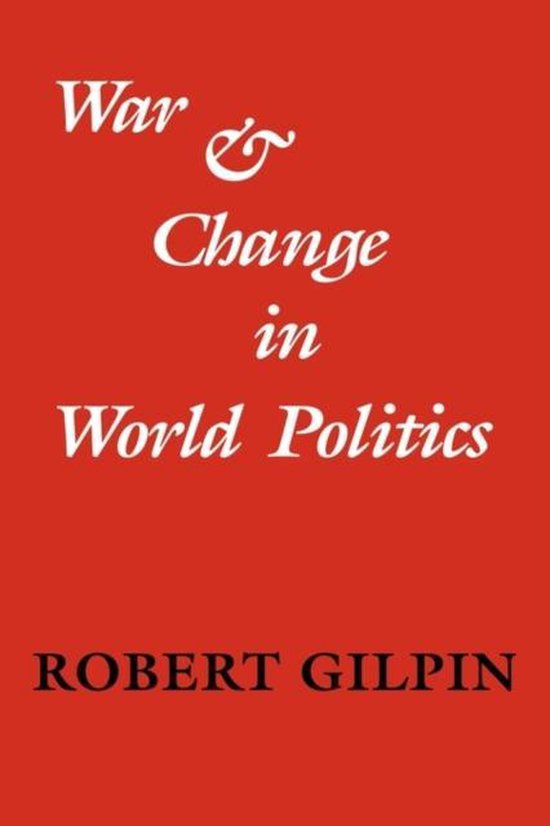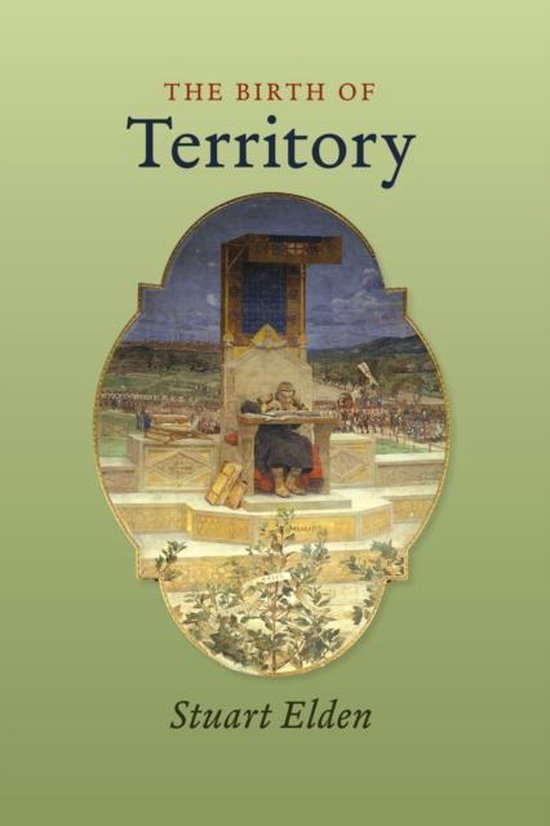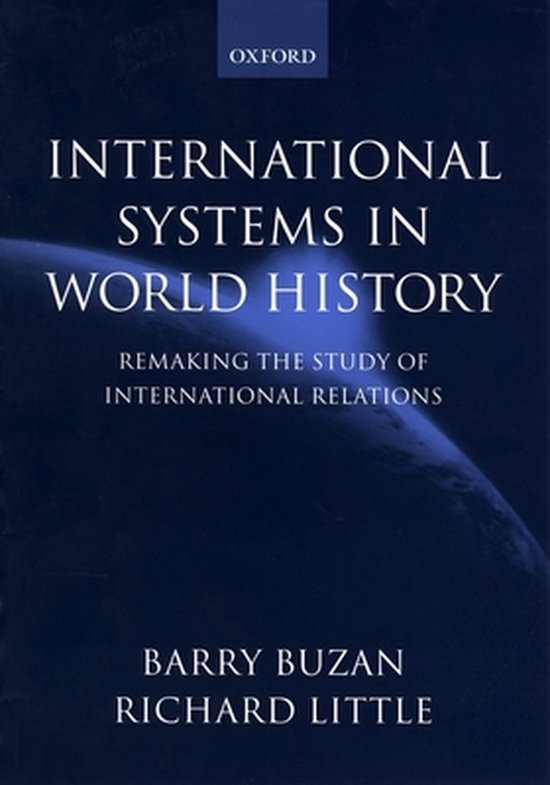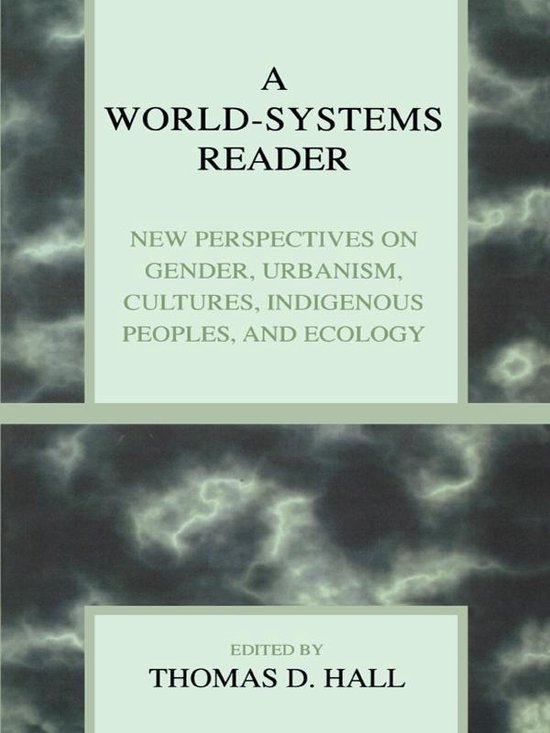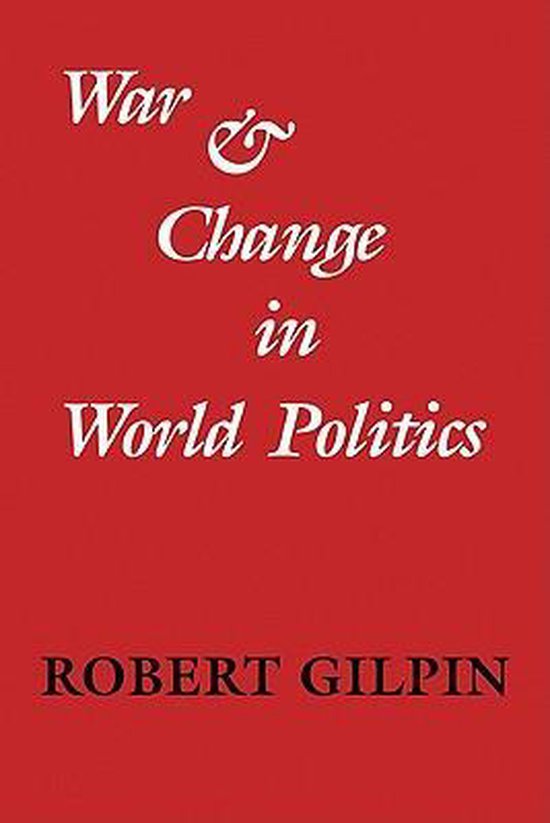
War and Change in World Politics
Professor Gilpin uses history, sociology, and economic theory to identify the forces causing change in the world order.
War and Change in World Politics introduces the reader to an important new theory of international political change. Arguing that the fundamental nature of international relations has not changed over the millennia, Professor Gilpin uses history, sociology, and economic theory to identify the forces causing change in the world order. The discussion focuses on the differential growth of power in the international system and the result of this unevenness. A shift in the balance of power - economic or military - weakens the foundations of the existing system, because those gaining power see the increasing benefits and the decreasing cost of changing the system. The result, maintains Gilpin, is that actors seek to alter the system through territorial, political, or economic expansion until the marginal costs of continuing change are greater than the marginal benefits. When states develop the power to change the system according to their interests they will strive to do so- either by increasing economic efficiency and maximizing mutual gain, or by redistributing wealth and power in their own favour.
War and Change in World Politics introduces the reader to an important new theory of international political change. Arguing that the fundamental nature of international relations has not changed over the millennia, Professor Gilpin uses history, sociology, and economic theory to identify the forces causing change in the world order. The discussion focuses on the differential growth of power in the international system and the result of this unevenness. A shift in the balance of power - economic or military - weakens the foundations of the existing system, because those gaining power see the increasing benefits and the decreasing cost of changing the system. The result, maintains Gilpin, is that actors seek to alter the system through territorial, political, or economic expansion until the marginal costs of continuing change are greater than the marginal benefits. When states develop the power to change the system according to their interests they will strive to do so- either by increasing economic efficiency and maximizing mutual gain, or by redistributing wealth and power in their own favour.
| Auteur | | Robert Gilpin |
| Taal | | Engels |
| Type | | Hardcover |
| Categorie | | Mens & Maatschappij |
